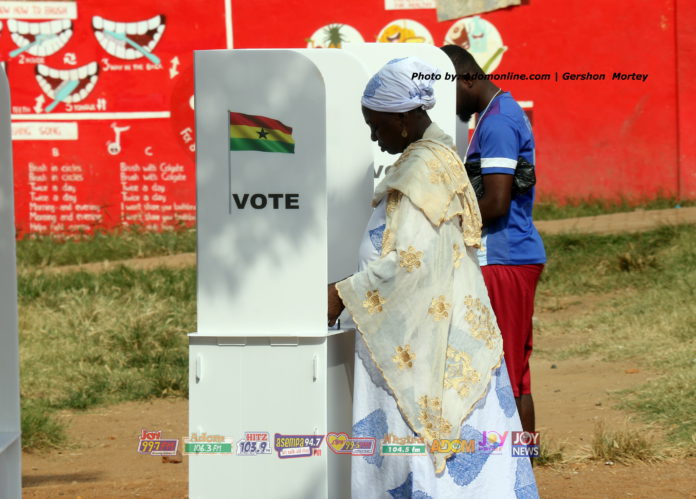The National Commission on Civic Education (NCCE) is set to commence research into the rising number of spoilt ballots in public elections in the country.
The Chairperson of the Commission, Josephine Nkrumah, in a Citi News interview expressed concern with the trend.
She further indicated that the Commission would investigate the cause to arrest such occurrences in future elections.
“The Commission is going to take steps to find out what really contributed to this very large number of rejected ballots because in 2016, it actually went down but in 2020 there is a spike in the number of rejected ballots.”
“So the Commission is worried about that and we will be further research into what went on,” she added.
According to figures from the 2020 polls, 313,397 ballots were rejected by the EC.
That represented 2.333 percent of the ballots cast.
For context, the third candidate in the polls, the Ghana Union Movement’s (GUM), Reverend Christian Kwabena Andrews, also known as Osofo Kyiri Abosom, polled 105,565 votes, representing 0.805 percent of the valid ballots cast.
Ghana’s highest percentage of rejected ballots was was in 1992 with 149,813 representing 3.6 percent of the ballots cast.
In subsequent elections 1996 saw 111,108 rejected ballots, (1.53%), 2000 with 119,362 (1.8%), the 2000 run-off with 104,214 (1.58%), 2004 with 188,123 (2.13%), 2008 with 205,438 (2.4%), the 2008 run-off with 92,886 (1.02%), the 2012 with 251,720 (2.24%) and 2016 with 167,349 (1.54%).

